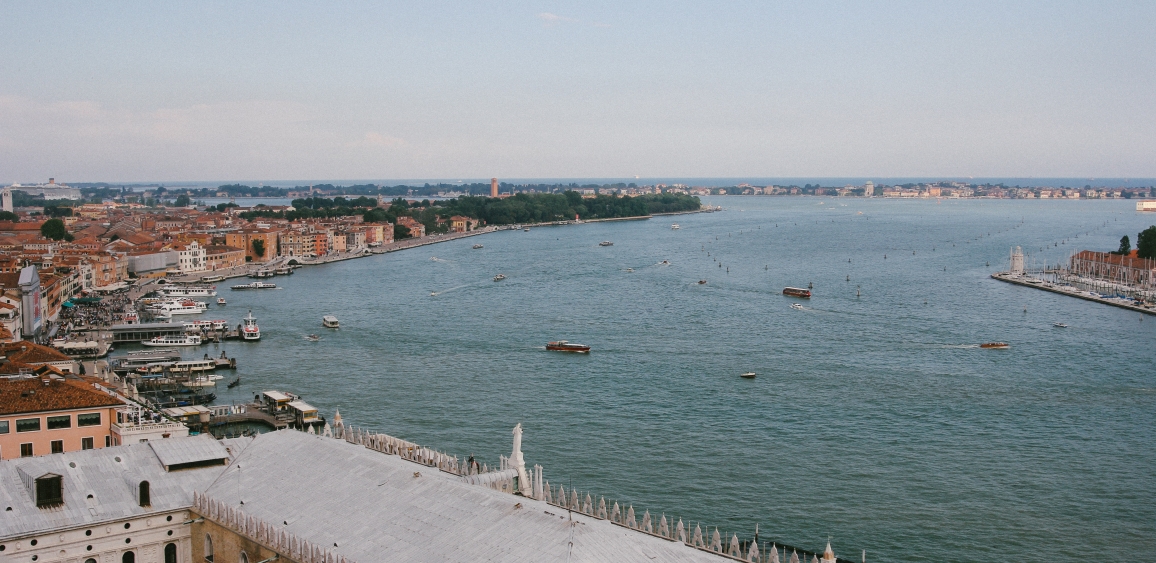Antonio Trampus, Ca’ Foscari University of Venice; Luigi Zanin, Regione Veneto
Whether it is a city with glorious seafaring traditions, as well as populous urban centers in the hinterland that have sprung up around the river ports, the relationship between the city dimension and water continues to be a fundamental driver for urban transformation. The same projection of the city-port, disputed between the verticality of the warehouse-houses and the indefinite spatiality of the sea, between the logistic and commercial function that has always been connatural to it and the representation needs of the classes that govern it, constitutes a continuous source of stimuli to understand urban and territorial dynamics. Port cities have always been the strategic points of the economic, military and political power of a state, but what still surprises today is the peculiarity of their being a continuous engine of local innovation, of still representing the point of convergence of a executive class capable of attracting capital and economic opportunities. In this regard, it should be remembered that the port cities are also the realities in which the sense of competition is most alive: first of all between competing urban realities, given that ports are the infrastructures that most generate development opportunities. But the contrast between the interests of opposing cities also becomes the germ of the strong sense of belonging and the keenest propensity of portolans to seize those opportunities that for most men of the earth are seen as a threat, because they are more exposed to the unknown. The complex theme of the “Port Cities”, the mutation of its paradigms so as to allow its transformation – for example, and according to the opportunities – from a port city to a tourist city, but also, on the other hand, also a land where traces of the typical immune paradigms of the ancient regime, such as customs exemptions, will be at the center of the meeting organized as part of the “Postgraduate course in port city management and governance” that the University of Venice is about to promote by expanding its training offer.
SCHEDULE
An open construction site: organization and management of port cities in the long-term perspective
Antonio Trampus, Ca’ Foscari University of Venice
Waterfronts: opportunities for urban regeneration in port cities
Alessandra Marin, University of Trieste
An open question: the cities of the river
Luigi Zanin, Regione Veneto
Inland navigation and its role in the transformation of the territory
Roberto Rossetto, Unione navigazione interna italiana
Urban hinges and the demolition of walls: how to determine the Urbis form
Michelangelo Savino, University of Padua
Anthropic impact between port development and lagoon protection: a two-century debate and a Ca ‘Foscari-CNR ISMAR study
Giulia Delogu, Ca’ Foscari University of Venice
Conclusion of the session
Italiano
